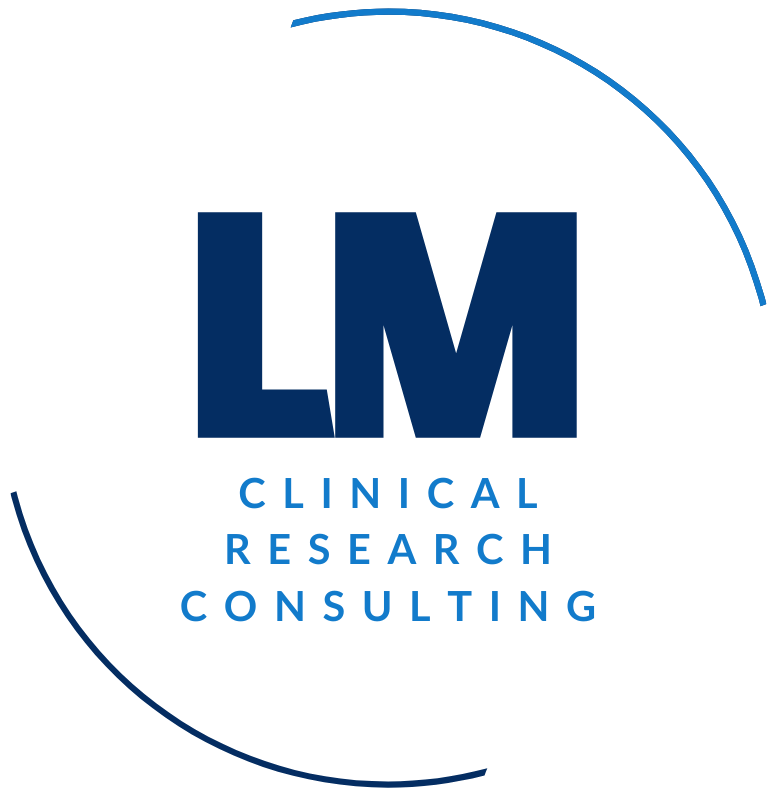
CLinical Research Services
Conducting clinical research is different than conducting clinical care. While the documentation needed to run efficient and effective clinical trials can be extremely simple and straight forward, it needs to start with the right training and processes. Without these processes sites will lack alignment with study CRAs and Sponsors. Due to a high turnover rate for both Coordinators and CRAs, high quality training can be inconsistent, but crucial for ongoing clinical trial work. Clinical research staff is required to undergo GCP training and to maintain CITI certification; however, the certificate does not go as far as real life GCP practice, especially for new-to-research staff. We offer the following trainings:
• Practical GCP training and how it applies to real life events
• ALCOA+ training
• Good Documentation Practices training
• Coordinator and PI specific GCP training
• SAE, AE, and Con Med documentation training
• As-needed site specific trainings
Site Efficiency Training
Proper source documentation is the medical record of the subjects before, during and after the trial and is imperative to conducting consistent and quality research studies. The process can be lengthy and tedious, but is crucial for a successful study. Additionally, all source should be updated after the first and second subjects are enrolled to account for unforeseen problems and general better coordinator work flow. Our services cover:
• Study specific source
• Subject specific visit source
• AE, Con Med, and PI oversight logs
• Site specific forms for all studies
• Lost To Follow Up (LTFU) forms
• Subject Early-Term and Withdraw forms
• Screen fail documentation
• Medical history forms
• Modifications
• Protocol Amendments that include process updates
SOURCE DOCUMENT CREATION
Consistent and frequent internal monitoring is critical for sites to stay inspection ready, and every organization that is regulated by the FDA must be ready at all times for a potential inspection. While all studies have sponsor monitoring, they are only assessing specific, study-related aspects of your site, not looking at your site overall. Additionally, with the increase in remote monitoring, small issues go unresolved and compound over time.
For many sites, being inspection ready at all times is not possible given their internal resources, which is where LMCRC can assist. Once your site has been monitored, you will be given efficiency recommendations and assistance implementing these recommendations. Recommendations to include: SOP updates or creation, Binder/source organization, PI Oversight documentation, AE and Con Med documentation, and LTFU/Subject Withdraw documentation.
Internal Monitoring & Efficiency Recommendations
SOP (Standard Operating Procedures) Creation is a crucial aspect when establishing a clinical research site. Site-specific SOPs override sponsor SOPs or CRO SOPs. Therefore, site SOPs must be in accordance with GCP and FDA guidance and must not alter the Protocol’s Endpoints or Outcomes. Given that sponsors and CROs must adhere to the site’s SOPs, it is incredibly important that they are clear and cover all possible situations. SOP services offered:
• Creation of all SOPs
• Updating current SOPs
SOP Creation
Ongoing internal oversight is a critical aspect of staying inspection ready. This is typically a Corrective and Preventive Action (CAPA) plan recommendation to sites from Sponsors and CROs. Whether there are ongoing issues or your site would like to establish this preemptively. ongoing quality oversight is the best possible way to be inspection ready.
